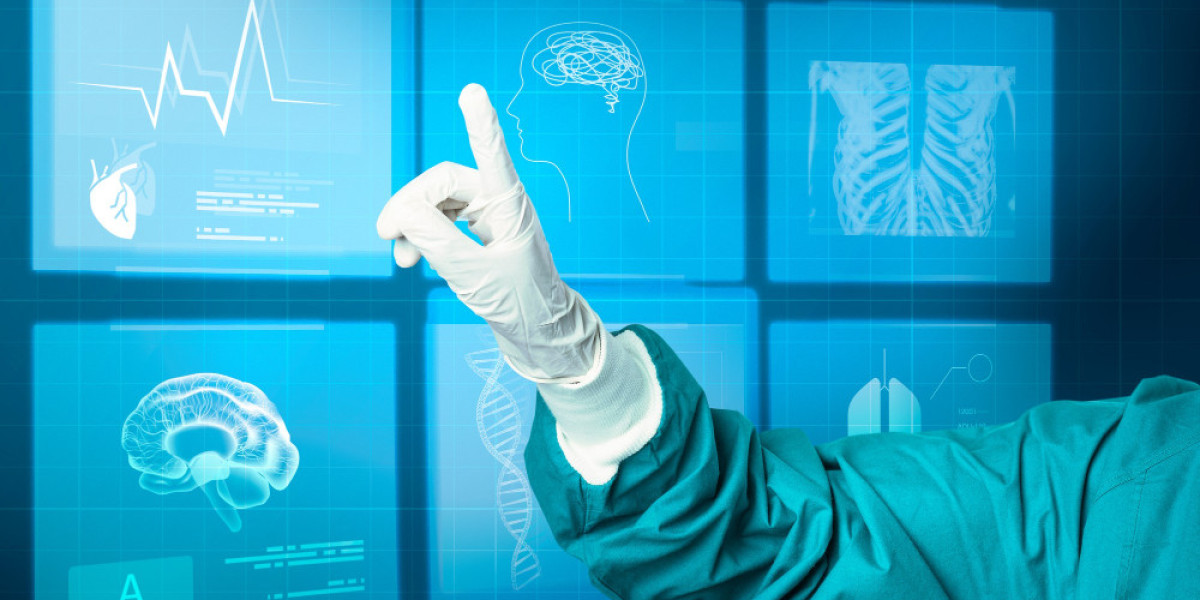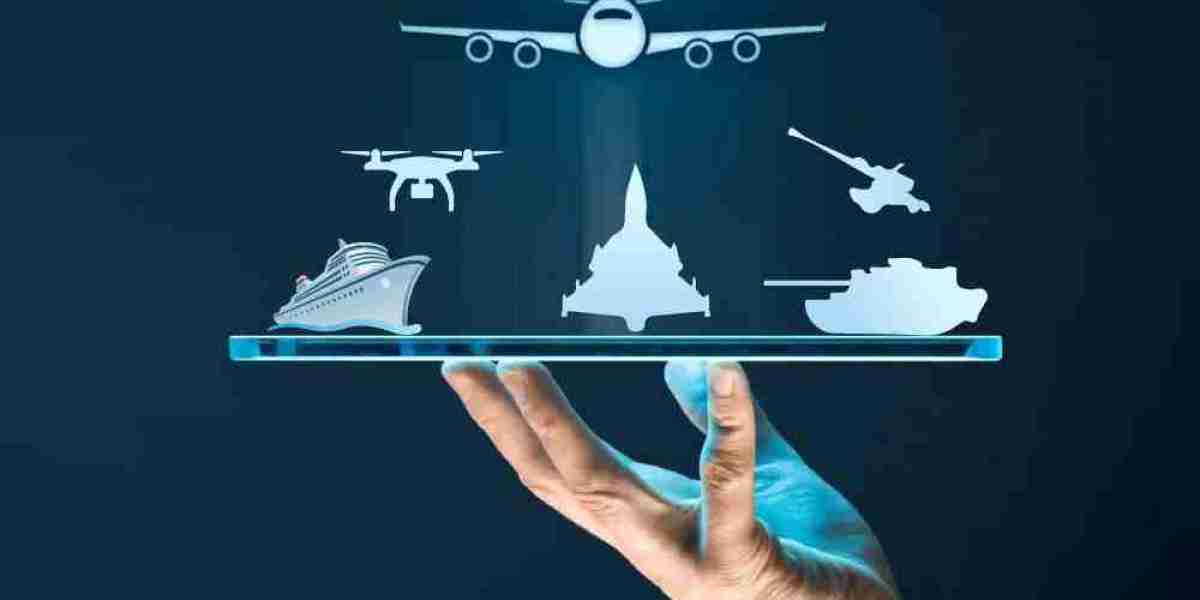AI is also risky, so it's important to weigh the pros and cons. The good news is that AI is improving quickly, and new models for healthcare are being created. Instead of shunning AI, doctors should focus on learning how to use it properly and double-checking the information they get. Just like when you search on Google, where the top results might be popular but not always accurate, AI should be used wisely. In this article we’ll talk about most important issues considering doctors using chat gpt.
Ways of Use
Before diving in, remember that ChatGPT is a new tool and can sometimes be inaccurate. Always be careful to keep your medical knowledge current and check facts from trustworthy sources. Also, avoid putting any protected health information into a chatbot to stay HIPAA-compliant when using ChatGPT or similar tools in your healthcare practice. If you use AI tools to create medical records, be sure to add a note about it. If you're unsure about how to safely and ethically incorporate AI into your medical practice, always seek legal and ethical advice. With these precautions in mind, here are four interesting ways that physicians are using ChatGPT to enhance and streamline their work.
Imitate medical consultations
Picture yourself as an ER doctor dealing with a tricky situation that needs advice from another specialist. ChatGPT can act as a helpful virtual consultant. You can have a “curbside” chat with the AI by inquiring about possible diagnoses, suggested lab work, and treatment choices. This can assist you in considering different diagnoses and efficiently summarizing important details. For instance, you could ask ChatGPT about the criteria for diagnosing a rare illness or the most recent recommendations for treating a specific condition.
Drug interaction
It's important to look into how different drugs might interact with each other. Doctors can enter a patient's current medications into the system, and the AI-powered bots will give them information about any possible issues, warnings, or changes needed in dosages.
Managing tough talks
Healthcare revolves around human connections, and doctors often have to engage in sensitive discussions with their patients. Imagine you’re about to discuss a mental health issue such as anorexia nervosa with a patient. You could provide some background to ChatGPT and inquire, “What emotions and concerns might a person with anorexia nervosa be feeling?” or “What questions could this patient have for their doctor?”
Content creation
Doctors are overwhelmed with increasing administrative duties, but ChatGPT can provide assistance. You can request the chatbot to create various types of text, such as after-visit summaries, referral letters, and letters of medical necessity. It's important to treat AI-generated content as a foundation, allowing for edits and personal touches as necessary. By simplifying paperwork and communication, ChatGPT could be one of the most effective tools for physicians, possibly saving them hours of administrative tasks and giving them more time to focus on their patients.
Remote patient monitoring
Remote patient monitoring (RPM) is becoming a more common method to enhance patient care and lower healthcare expenses. By using ChatGPT, healthcare professionals can keep track of patients from a distance by examining information from wearables, sensors, and various monitoring tools. This technology offers immediate insights into a patient's health condition. ChatGPT can process this information and notify healthcare providers if a patient's health worsens or if there are any alarming patterns. This early intervention can help doctors act quickly, potentially avoiding hospital stays or other serious issues.
Privacy Concerns
Doctors find various uses for ChatGPT, especially for organizing their notes. While there's been a lot of attention on how Artificial intelligence can help quickly answer clinical questions, many doctors are also interested in using it to summarize patient visits or write letters that are necessary but often tedious. A lot of this information includes sensitive health details. When doctors meet with patients, they prefer to be fully present rather than distracted by note-taking. They might jot down a few quick notes but later need to expand on them for the medical records. It’s much more effective for the doctor to concentrate on the patient during the visit, while the conversation is recorded and transcribed. After that, the transcription can be put into ChatGPT, which can then reorganize and summarize the information.
What are the privacy concerns?
The protected health information is no longer kept within the health system. Once you input data into ChatGPT, it gets stored on OpenAI's servers, which do not comply with HIPAA regulations. This is the main problem, and it can be considered a data breach. The risks are more about legal and financial consequences – the Department of Health and Human Services (HHS) could launch an investigation and impose fines on you and the health system. Additionally, there are significant risks associated with having data on third-party servers. Doctors can choose not to let OpenAI use their information to improve ChatGPT. However, even if you opt out, you still breach HIPAA because the data has left the health system.
What kind of protected health information might be found in these notes?
There are 18 specific identifiers that are classified as protected health information, and if any of those are present, it could lead to a HIPAA violation. If none of those identifiers are included, you should be okay. Many of these identifiers include smaller geographic areas than a state, which might not seem like they could identify someone. Other examples include patient names, even nicknames; birth dates; dates of admission or discharge; and Social Security numbers.
Would a patient be aware if their doctor shared their information with ChatGPT?
The only individual who would know is the one who mistakenly entered the data into the chat, along with the clinic or health system involved if the mistake is reported. So, a typical patient might not find out. Usually, patients learn about such incidents through news articles that catch wind of the situation. If that happens, there’s a chance of class action lawsuits from patients, but by the time they find out, the Office for Civil Rights, which enforces HIPAA, is often already looking into the matter.
How can doctors and healthcare organizations ensure they follow HIPAA regulations?
Clinicians should steer clear of putting any protected health information into a chatbot, but that can be trickier than it seems. Conversations with patients might include casual talk that reveals personal details—like their home address or their last hospital visit—which are considered identifying information. It's essential to remove all these identifiers before using any chatbot.
For healthcare organizations, it's crucial to offer training about the risks associated with chatbots. They should start this training now, as more people are beginning to use chatbots, and it should be part of the annual HIPAA and privacy training. A stricter policy could involve allowing only trained employees to access chatbots or even blocking access to chatbots entirely. Like everyone else, healthcare systems are working to navigate these challenges.
Conclusion
In recent years, ChatGPT has shown its potential to contribute to the medical field by aiding in translational medicine and drug development through thorough and precise data analysis. It also enhances medical practice and patient experiences by improving medical reporting, diagnostics, and treatment plans.
However, there is still a need for further improvements in accuracy, originality, bias, and misuse, as well as addressing concerns related to academic integrity, privacy, and ethics before this tool can be widely adopted in research and clinical settings. It's worth mentioning that ChatGPT was not specifically designed for research and medical applications, which means it lacks the in-depth scientific and medical knowledge necessary to fully understand disease mechanisms and treatments. Nevertheless, it has surprisingly excelled in providing foundational support in both research and clinical environments. This highlights its potential to transform medicine and healthcare, provided that future technological advancements are aligned with the medical field.






